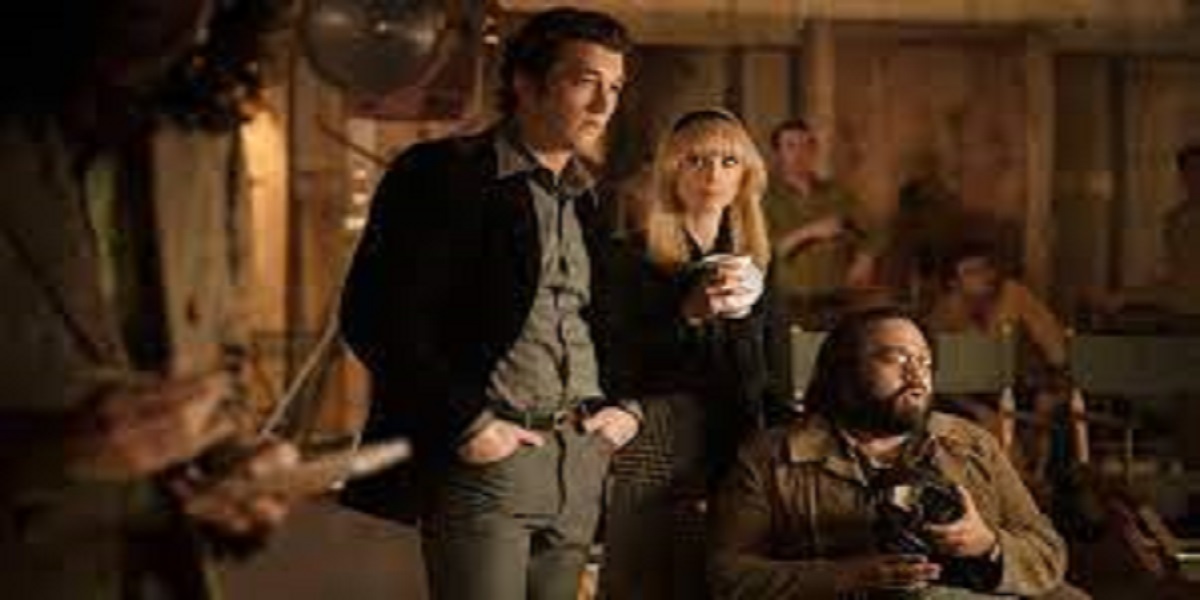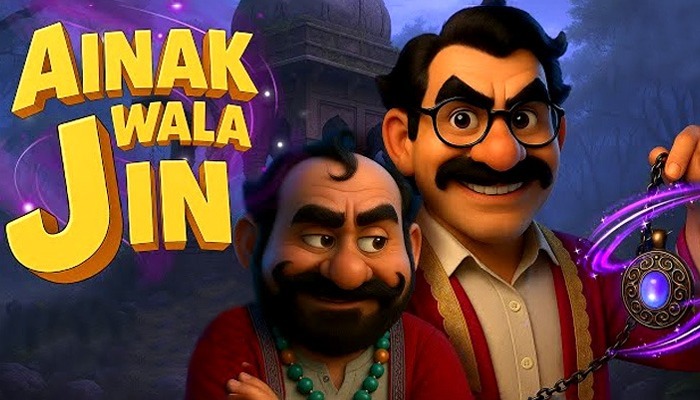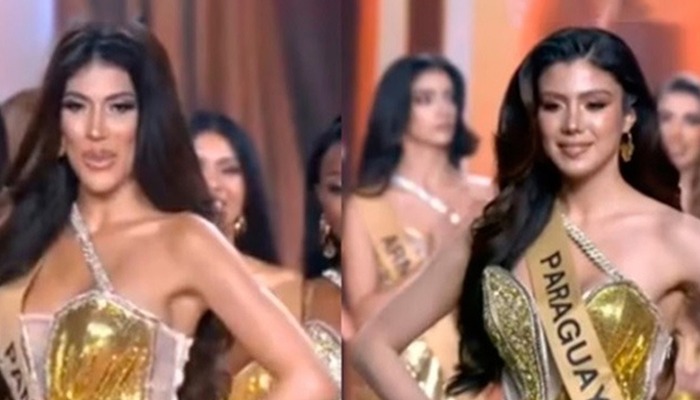The turbulent creation of ‘The Godfather’ seeks restricted series treatment by maker Michael Tolkin, with a rambling cast drove by Miles Teller.
While it comes up short on kind of imaginative power, there’s an amusing class to Paramount+’s The Offer, a restricted series about the creation of The Godfather.
On the off chance that The Godfather took a schlocky Mario Puzo novel and raised it to glory, The Offer has taken a lofty film and brought it back down to schlock.
Just seldom not exactly watchable — however the 64-minute finale is near unwatchable — The Offer is a delineated Wikipedia section extended counter-intuitively to 10 hours by pandering to film fans with interminable winking and pushing, and with exhibitions that reach from affably childish to Madame Tussauds in a heatwave.
It’s awful, yet all at once never fully exhausting.
“In view of Albert S. Reddish’s insight of making The Godfather” — do whatever it takes not to grunt at this novel crediting terminology.
The Offer was made by Michael Tolkin and created by Tolkin and Leslie Greif.
We start with Ruddy (Miles Teller) as a troubled developer for the Rand Corporation.
Maybe due to his scientific nature, Ruddy has broken the equation of the transmission TV satire, which he uses to send off his Hollywood vocation with the formation of … Hogan’s Heroes.
Be that as it may, awful TV has no interest for Ruddy, and he finagles his direction onto the Paramount part.
After a fast gathering with Robert Evans (Matthew Goode), the studio’s kid wonder, he has a creation bargain.
For sketchy reasons, Ruddy is doled out obligations creating The Godfather, the studio’s transformation of Puzo’s (Patrick Gallo) smash hit novel — a curious objective for money-grubbing Charles Bluhdorn (Burn Gorman), top of Paramount’s corporate parent Gulf + Western, and his enemy of scholarly chump Barry Lapidus (Colin Hanks).
So Ruddy embarks to make the most ideal film and to keep anyone from being killed by the genuine Mafia, which has designated the creation because of fomenting from ascendant criminal Joe Colombo (Giovanni Ribisi) and a by and large uncertain Frank Sinatra (Frank John Hughes).
Bronzed and accommodating lady Friday Bettye McCartt (Juno Temple) enlist Francis Ford Coppola (Dan Fogler) to chip away at the content with Puzo, prompting laid out Godfather legend like chiefs loathing Al Pacino (Anthony Ippolito) and Marlon Brando (Justin Chambers), whining about Gordon Willis’ (T.J. Thyne) cinematography, and general ruckuses about monetary overages and a swelling running time.
As best I can make sense of it, Tolkin and company like the underlying balance of coordinated wrongdoing and coordinated Hollywood, two equal support frameworks with little known dialects, misrepresented articulations of faithfulness and pecking orders of oppressive authority.
This would run over better on the off chance that the Mafia stuff weren’t unrelentingly nonexclusive, particularly in the mobsters-just successions that Ruddy could never have been conscious of and consequently are cobbled together, one should expect, from disposed of old Sopranos spec scripts.
Just fairly better are the scenes that incorporate Ruddy and are basically fanciful rather than absolute bunk, and hope to have been brought about by someone who saw Bullets Over Broadway almost 30 a long time back and enigmatically chuckled. Said scenes are kept intact by Ribisi’s supper theater Sling Blade impression.
In a universe of adoptive parents, the godfatheriest guardian of everything is the maker, explicitly the maker upon whose experience of it is based to make The Godfather the series.
Reddish is an expert at making individuals propositions they can’t afford to ignore, and the contents venture to such an extreme as to think up a scene where Ruddy is sitting at Vito Corleone’s work area taking solicitations from his different office heads.
And afterward, in the event that you actually can’t sort out how basic to things Al Ruddy was, the 6th episode acquaints a totally superfluous person with visit the set and continue to ask Ruddy what a maker does. In the event that anyone has any uncertainty concerning creating clout, look no farther than the initial credits, where Tolkin has figured out how to get his name recorded upwards of multiple times in certain episodes. It resembles a joke out of The Player.
In spite of Ruddy’s vaunted information on TV structure, The Offer is comprehended wordy stream.
Scenes once in a while don’t associate by any means in time and seldom interface in topic, and other than two or three episodes closing with shootouts, there’s nothing crossing over hour to hour.
I can merely fantasize about how much better The Offer would move with 75% less of the Mafia stuff and an equivalent decrease in recognizable focuses like “Robert Evans could do without Al Pacino” or “Francis Ford Coppola truly needs to shoot in Sicily” or “Barry Lapidus inclines toward bringing in cash to motion pictures.”
Dexter Fletcher and the series’ ensuing chiefs can’t observe any style that either mirrors or differentiations with the look and feel of The Godfather. It’s straight, insipidly attractive all through.
The real in the background stuff isn’t dreadful, yet entirely it’s most certainly senseless.
Each line was composed with an eye on an all-too-mindful 2022 crowd, subbing modest sensational incongruity for veritable dramatization that none of the journalists sorted out some way to produce.
Since we’re never going to feel anticipation concerning whether Pacino will play Michael or the studio will demand a two-hour cut or Cabaret will win the best picture Oscar, we’re left with the completely empty entertainment of gags connected with different big name walk-ons, protests that the content for Chinatown doesn’t check out, or references expected to inspire responses suggestive of the Leonardo DiCaprio pointing image more than anything more.
It’s a ton of random data and very little substance, however people love random data and I expect numerous a film fan will exhaust their children or life partners with educational murmurs of, “That was Ann-Margret!” or, “Robert Evans will lament letting Ali MacGraw make The Getaway” or, “And that book was made into Paper Moon!”
Sometimes the conspicuousness works. Puzo and Coppola as an odd couple composing their content in the rising filth of a leased house in the Hollywood Hills never feels genuine briefly, yet Gallo and Fogler have a simple affinity and one can, venturing back, see the pal parody adaptation of The Offer that is really entertaining, yet covered in other stuff.
There’s a powerful scene where Coppola welcomes the cast out for an Italian supper before creation and watches them normally sink into their Godfather jobs.
Ryan Murphy has made a cabin industry of this kind of “Everyone is someone renowned!” genuine restricted series, and for the most part you can depend on a couple out-of-sync exhibitions from individuals who are simply playing the big name’s public persona, as opposed to a real individual. Like unique American Crime Story star John Travolta’s “take” on Robert Shapiro.
That is the incidental model for perhaps 50% of the exhibitions in The Offer, and similarly as the Travolta execution had fans, I’m speculating there will be a parted on which personifications here certain watchers appreciate.
Hell, I got a remove from Gorman’s madly indecent, deranged take on Bluhdorn, so perhaps you won’t be diverted by Ribisi’s one-note croaking.
There will undoubtedly be general love for Goode, who takes a gander at all like Evans, however conveys a fine interpretation of the unbelievable raconteur’s smooth tones and Yiddish-littered festival barker rhythms.
There will undoubtedly be significantly less fondness for Chambers, whose cosmetics sporadically gives an obscure touch of Brando for an exhibition that in any case doesn’t rise even to the degree of pantomime.
Profiting from playing two of the characters with little to no notable picture, Teller is completely adequate — regardless of whether The Offer neglects to at any point legitimize placing Ruddy at the center of this story — and Temple shines as the series’ just female figure with any organization whatsoever.
I’m still a sufficient Hollywood over the top that The Offer left me fantasizing about other filmmaking stories from this period that I would look as restricted series assuming they were better dealt with — whether a variation of Sam Wasson’s The Big Goodbye (about the creation of Chinatown) or Mark Harris’ 1967 omnibus Pictures at a Revolution.
It shouldn’t accept a deadened TV series to demonstrate that making a roused movie is so difficult.





















